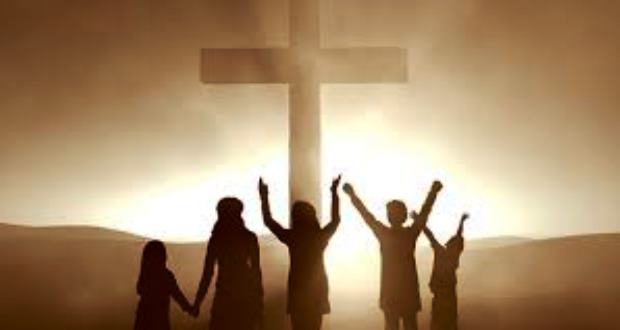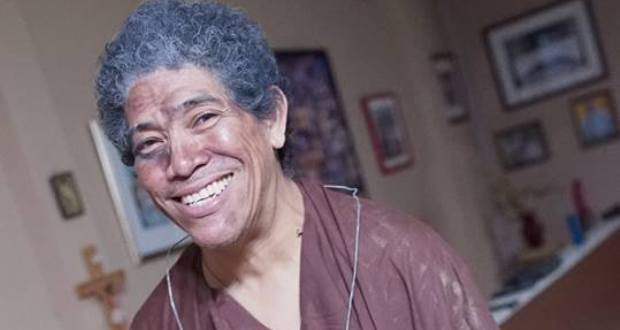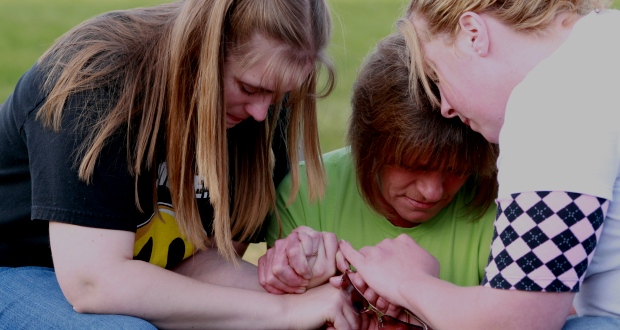Your Greatest Obligation To God

READ MATTHEW 22:34-40
MEDITATION: This passage reminds us of two or three things that are very important for us to remember when we are witnessing to loved ones who do not seem to be sensitive to eternal things. They do not seem to be sensitive about things of the Lord, the things of the scriptures. They are dismissive. They are skeptical. They ridicule. When we are dealing with family or friends like that, we need to remember that, even Jesus’ witness was rejected. And if Jesus’ witness was rejected, do you think that your witness is going to be accepted every time?
Jesus was nobody’s fool. He obviously knew that it’s impossible to live by the letter of six-hundred and thirteen commandments. As importantly, he knew that it’s not the letter of the law that matters so much as the spirit of the law, and the spirit of the law is this: Love the Lord your God with all your heart, with all your soul and with all your mind. If you do this, your actions are certain to glorify God. That’s the essence of the Shema.
But Jesus didn’t stop there. He went on to combine the Shema with another commandment, this one from the Book of Leviticus. He said, “ … You shall love your neighbor as yourself.” The context of this commandment has to do with living in community with others (Leviticus 19).
Then, as now, it’s tempting to substitute religious piety for social responsibility, to ignore the beggar on the way to church. In fact, the two go hand in hand: To love God is to love others, and to love others is to love God. Nowhere is this stated more clearly than in the 1 John 4:20-21 where it says, “If anyone says, “I love God,” but hates his brother, he is a liar; for whoever does not love a brother whom he has seen cannot love God whom he has not seen. This is the commandment we have from him: whoever loves God must also love his brother.”
This two-fold nature of loving God and loving the neighbor is embedded in the Ten Commandments. The first four have to do with our relationship to God: Don’t worship any other God than Yahweh; don’t make any idols; don’t take the Lord’s name in vain; keep the Sabbath holy. The other six have to do with our relationship with each other: Honor your father and your mother; don’t kill; don’t commit adultery; don’t steal; don’t lie; and don’t covet what other people have.
In giving Moses the Law, God made it clear: A life of faith consists of devotion to God and service to others, not one or the other. In combining the Shema with the laws of Leviticus, Jesus restored the balance of faith the Pharisees had lost, and, in so doing, he created a new Shema – a “Christian Shema,” if you will: “You shall love the Lord your God with all your heart, and with all your soul, and with all your mind, and you shall love your neighbor as yourself.”
Whatever the sinful attitude of the Pharisees was, when they asked this question, this question prompts us to ask, do we reverently reflect on what our supreme duty is to God? Do we meditate on His word? Is it the authority of our lives? And when we disagree with it, we know who’s wrong. Do we delight in that word? Do we examine ourselves by that word? This question, what is the greatest commandment, presses that issue on all of us. What is our greatest duty? What is our supreme obligation to God?
ACTION: IDENTIFY WHAT YOU CONSIDER YOUR GREATEST OBLIGATION TO GOD. ALSO, WHAT IS YOUR GREATEST OBLIGATION TO HUMANITY. ALIGN THOSE WITH THE WORD OF GOD.
PRAYER: Eternal Father, I believe in Your infinite wisdom and love. I believe that You have created me for heaven, that You have traced for me the way with all the necessary graces to arrive at it, and that there You await me for the eternal reward of a faithful servant.
But Lord, what is Your will that I do while here on earth? I am completely open to Your plan for me. I desire to live only in You and to be guided by You forever. Grant that Your holy will may be carried out perfectly in me and by me.
I beseech You, through the merits of Jesus Christ my divine Master, and through Mary, Queen of Apostles, enlighten my mind and strengthen my will that I may clearly see this way and generously tread along this path.
Help me so that at the moment of death I may be able to say as St. Paul did: “I have finished my course, I have fought the good fight; for the rest there is laid up for me a crown of justice.” Amen






